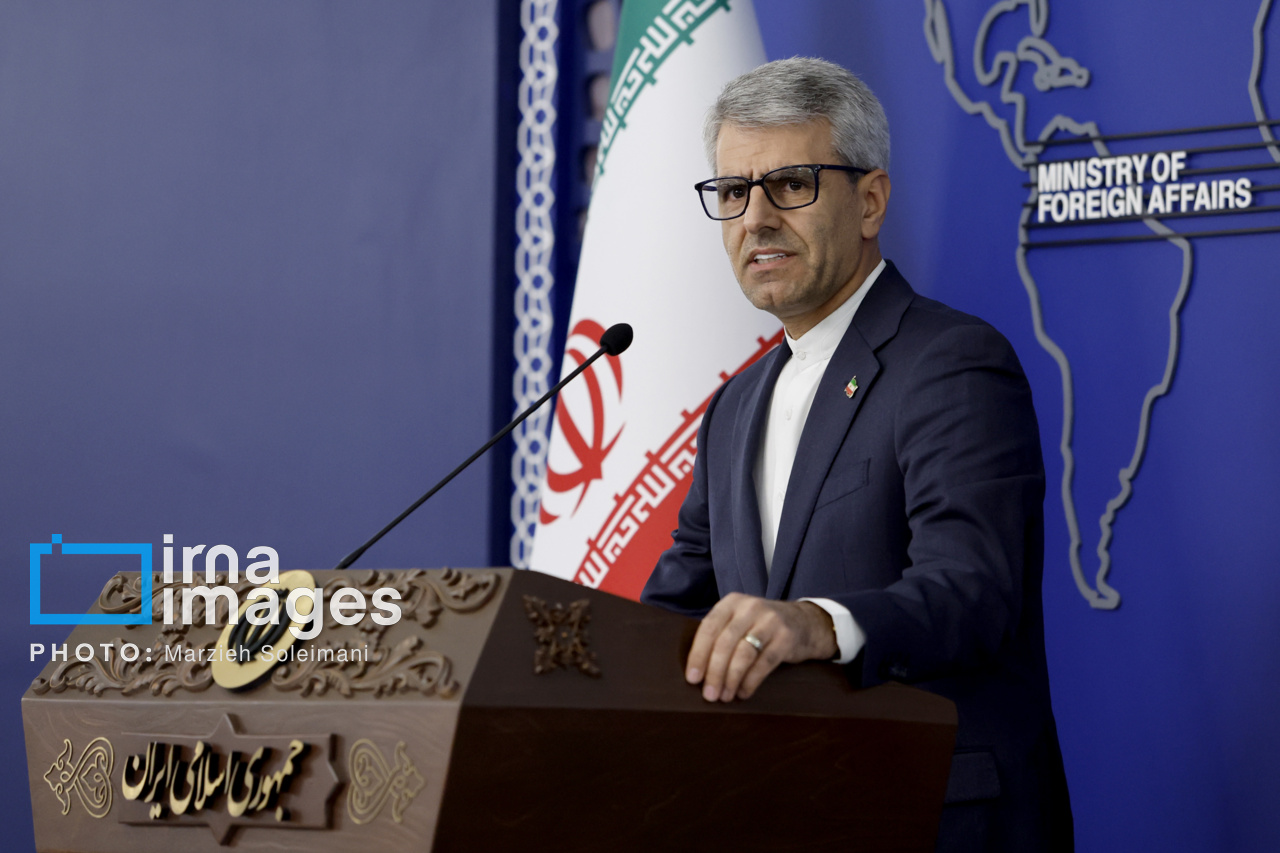ARTICLE AD BOX
BENJAMIN Netanyahu has defied his Western allies and vowed to push ahead with an offensive in Rafah.
The prime minister insisted Israel will not accept a Gaza peace deal that leaves his country “unable to defend itself” against Hamas.
 AP
AP AP
AP Getty
Getty Getty
GettyAfter more than five months of war, Israel will launch an assault on Rafah, at the southern tip of the Gaza Strip, despite international warnings that a full-scale assault in the city could be disastrous.
Netanyahu told a cabinet meeting today: “We will operate in Rafah.
“This will take several weeks, and it will happen.”
He did not clarify whether the assault would last for several weeks, or begin in several weeks.
Plans for a military operation, as well as “the evacuation of the population”, were approved by Netanyahu’s office on Friday.
The prime minister said: “No amount of international pressure will stop us from realising all the goals of the war.”
He added: “If we stop the war now before achieving all of its goals, the meaning is that Israel has lost the war and we will not allow this.”
More than a million displaced people from across Gaza have sought shelter in Rafah, and Israel’s allies have piled pressure on Netanyahu not to attack the city without a plan to protect civilians.
Israel has repeatedly threatened a ground offensive against Hamas in Rafah; Israeli military officials say the city is the militant group’s last stronghold in Gaza, and that leaving it untouched would allow Hamas to retain control of parts of the enclave, exploit tunnels to Egypt, and rebuild its forces.
UN World Health Organisation chief Tedros Adhanom Ghebreyesus has urged against such an attack “in the name of humanity”.
And the US said it wants a “clear and implementable plan” to ensure civilians are “out of harm’s way”.
Civilians crammed into Rafah will be allowed to leave before Israeli forces begin their assault, Netanyahu said after meeting German Chancellor Olaf Scholz in Jerusalem on Sunday.
He explained: “Our goal in eliminating the remaining terrorist battalions in Rafah goes hand in hand with enabling the civilian population to leave Rafah.
“It’s not something that we will do while keeping the population locked in place.”
Scholz asked the question: “How should more than 1.5 million people be protected? Where should they go?”
The German leader told reporters that he spoke to Netanyahu about the need to provide “comprehensive” aid to Gaza and stressed that the distribution of such “must be urgently and massively improved”.
Netanyahu said an agreement that would leave his country “weak” would “set peace backwards and not forward”, adding that “Israel has to have the necessary security responsibility” in Gaza.
Israel must be able to continue its war, he said, so it can eliminate Hamas, release all of the hostages taken by Hamas on October 7, and ensure Gaza “no longer poses a threat”.
The prime minister lashed out at his critics, asking them: “Is your memory so short?
He continued: “So quickly you forgot about [October 7], the worst massacre committed against Jews since the Holocaust.”
About 1,200 people were killed and 250 taken hostage from Israel on the day of the massacre which sparked the ongoing war.
More than 31,400 have now been killed, according to the Hamas-run health ministry in Gaza.
Five people were killed in Gaza this month as aid packages plunged to the ground, it was reported.
The food airdrops were seen falling towards a crowd of starving Gazans before crashing into people, reportedly leaving many injured.
In a post on X, the US Central Command said: “We are aware of reports of civilians killed as a result of humanitarian airdrops.
“We express sympathies to the families of those who were killed. Contrary to some reports, this was not the result of US airdrops.”
Protests are being carried out across the globe, many calling for an immediate ceasefire in Gaza.
The Los Angeles Police Department was this month forced to issue a dispersal alert as hundreds of protesters descended on the Oscars.
Meanwhile, five people, including a man “carrying a shield”, were arrested in London as pro-Palestine and pro-Israel protesters clashed.
 AP
AP AP
AP Getty
Getty Getty
Getty Getty
Getty Getty
Getty.png)
 8 months ago
2
8 months ago
2








 English (US)
English (US)